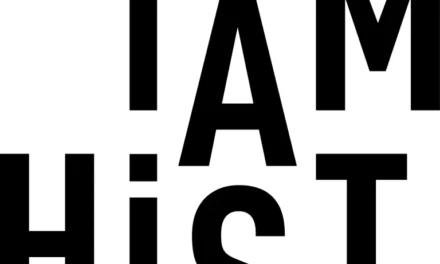In the introduction to The Routledge Companion to Screen Music and Sound (2017), Miguel Mera, Ronald Sadoff and Ben Winters write, ‘screen music and sound has consistently ignored aspects of process in favor of the interpretation of completed texts’ (p. 5). Such calls for analysing media production processes have been made since at least the 1980s (Maltby 1983; Bordwell, Staiger, and Thompson 1985), and have been taken up in archival studies of historic film music production (e.g. Merkley 2007; Jacobs 2014; Luko 2016; Lewis 2017; Platte 2017; Wright 2019). However, the contemporary production of music and sound for audiovisual media has only recently begun to receive attention—in studies of mainstream Hollywood cinema (e.g. Sapiro 2016; Sadoff 2006), music video (Burns and Hawkins 2019), and advertising (e.g. Klein 2009; Deaville 2021), among other areas—and remains largely a mystery to those outside the industry. Given the proliferation of new platforms and methods of creation, there is a plethora of textual forms, modes of production, and creative networks for practitioners, students, and researchers to understand.
This edited collection aims to delineate and interrogate the structures and practices of music and sound production in contemporary audiovisual media. We invite proposals spanning a broad range of genres, platforms, methodologies, processes and contexts.
Possible topics may include, but are not limited to:
- Case studies tracing the music/sound production processes for specific media texts (across film, television, video games, trailers, advertising, music videos etc.)
- Production of music for internet-based media (e.g. YouTube, TikTok, Instagram etc.)
- Diversity and inclusion in music/sound production; issues of identity and representation
- The impact of technologies on production processes and documentation (cloud-based platforms; digital audio workstations; virtual instruments etc.)
- Production personnel, including interview-based chapters (e.g. composers, orchestrators, sound recordists, dubbing mixers et al.; invisible labour; “star” and “non-star” figures etc.)
- Training for production roles (informal learning, higher education training courses, career trajectories)
- On-screen depictions of music/sound production (e.g. “making-of” documentaries)
- Methodologies for studying production (e.g. questions of access; qualitative methods; autoethnographic work; how production can inform reception etc.)
- Forms of production in different cultural and national contexts (regulatory policies; institutions; ethical dimensions; adaptation/reproduction; amateur/professional)
- Licensing music for media (commercial considerations; library music etc.)
We would be delighted to hear from academics, creative practitioners, industry professionals, and archivists spanning a broad range of disciplinary perspectives (music, film, media, cultural studies etc.), whose work engages with the production of music and/or sound for audiovisual media. We welcome proposals from postgraduate and early career researchers.
Please send a 300-word abstract and a 150-word biography to: screenmusicproduction@gmail.com by 31st January 2022. The editors (Toby Huelin, Elsa Marshall and Ian Sapiro) also welcome informal enquiries to the same email address. The timeline for the project will be confirmed after discussion with the publisher, but we anticipate that initial chapter drafts will be due in the first quarter of 2023.





